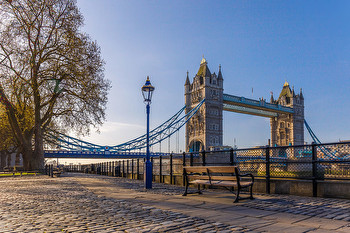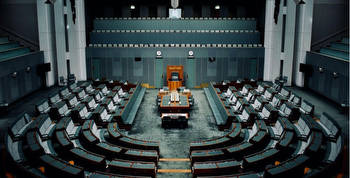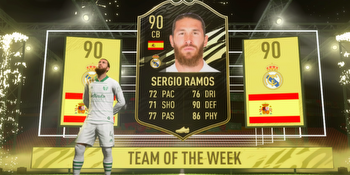UK will not ban video games loot boxes despite problem gambling findings
Loot boxes in video games will not be banned in the UK, despite a government consultation finding evidence of a “consistent” association between the features and problem gambling.
Loot boxes have attracted comparison with gambling because they allow players to spend money to unlock in-game rewards, such as special characters, weapons or outfits, without knowing what they will get.
The features, popular in games such as Call of Duty and the Fifa football series, were effectively banned in Belgium in 2018, but the culture minister, Nadine Dorries, said the UK would not follow suit.
Instead, after a 22-month consultation, she said the government would discuss tougher “industry-led” protections with the UK’s £7bn gaming sector, drawing allegations from one expert that “foxes are guarding the hen house”.
Legislating to impose curbs or a prohibition on loot boxes as part of an expected overhaul of the UK’s gambling laws could have “unintended consequences”, Dorries said.
“For example, legislation to introduce an outright ban on children purchasing loot boxes could have the unintended effect of more children using adult accounts, and thus having more limited parental oversight of their play and spending,” the government said, in a response to the consultation of Sunday morning.
The government also concluded that while there was “a stable and consistent” association between loot boxes and problem gambling – identified across 15 peer reviewed studies – it could not be sure that there was a causative link.
“Our view is that it would be premature to take legislative action without first pursuing enhanced industry-led measures to deliver protections for children and young people and all players,” it said.
Another factor in the decision is that loot box rewards cannot legitimately be exchange for real money, meaning players cannot in theory “cash out” as they might when gambling.
However, the Gambling Commission has that third-party sites are allowing people to exchange the rewards for real money.
While the Department for Digital, Culture, Media and Sport (DCMS) stopped short of proposing legislation, Dorries said: “Children and young people should not be able to purchase loot boxes without parental approval.
“In addition, all players should have access to spending controls and transparent information to support their gaming.”
Ministers are expected to pursue tougher curbs through talks with the UK video games industry. This will be done via a working group, which is scheduled to deliver its first update in the first three months of 2023.
“We expect games companies and platforms to improve protections for children, young people and adults, and for tangible results to begin to be seen in the near future,” the DCMS said. “If that does not happen, we will not hesitate to consider legislative options, if we deem it necessary to protect children, young people and adults.”
Dr David Zendle, a video games expert at University of York, criticised the decision, saying: “Prior select committee inquiries have unambiguously shown that certain bad actors within the video game industry cannot be trusted to self-regulate when it comes to player protection.
“By making those same industry bodies the ones that are responsible for regulating loot boxes, DCMS is essentially guaranteeing that foxes are the ones guarding the hen house.”


































